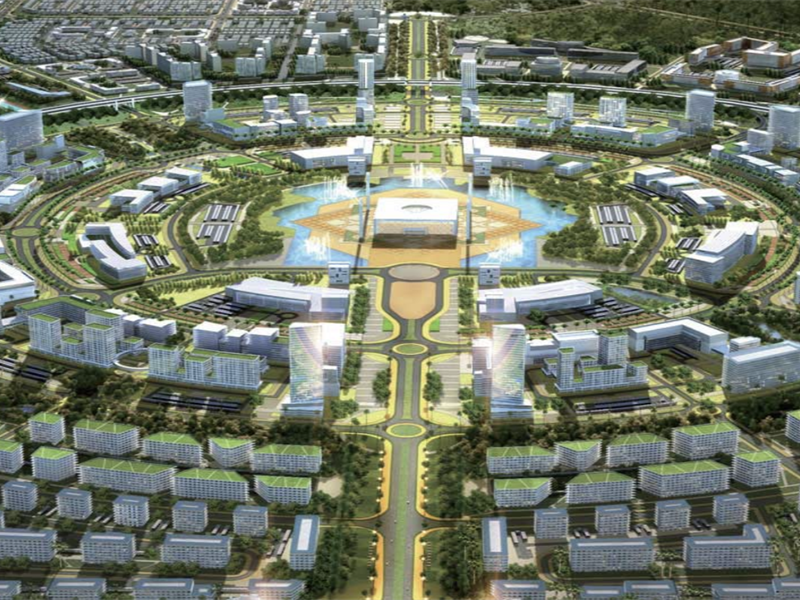 South Saad Al-Abdullah City, Kuwait / Public Authority for Housing Welfare, Kuwait
South Saad Al-Abdullah City, Kuwait / Public Authority for Housing Welfare, Kuwait
The unprecedented collaboration between South Korea and Kuwait governments is a useful illustration of how circulations of (Asian) urbanism, knowledge and capital expand and diversify. However, substantial knowledge gaps exist in relation to a truly in-depth understanding of the process through which the (East) Asian urbanism model is reproduced in Gulf cities including in Kuwait.
To address these gaps, make sense of the rapid speed of change under conditions of global circulations of urbanism and policies, and theorise the spatio-temporal dimension of urban transformation in the Middle East, this 14-month case study of a new city project in Kuwait, which involves South Korea’s state institution, will ask the following key questions:
- How do different institutional and political configurations affect the outcomes of urbanism export and import?
- How does the variety of governance dynamics shape exchange value extraction and its processes through new city construction?
- What is the extent to which foreign developers’ participation in the destination country’s urban and housing development reflects their own visions of urbanism, accumulated through their participation in urban and housing development in their countries of origin?
By addressing these questions, the project can provide an in-depth understanding of more diverse and globalised urbanisation processes as well as evidence for policymakers to promote more sustainable urban development projects.
Outputs
Principal Investigator
Hyun is Director of the Saw Swee Hock Southeast Asia Centre (SEAC), and Professor of Geography and Urban Studies in the Department of Geography and Environment.
Researchers
Do Young is a Research Officer, based jointly at the LSE Saw Swee Hock Southeast Asia Centre and the LSE Middle East Centre.
Reem Alfahad
Reem is a research assistant on the project and based in the LSE Middle East Centre.